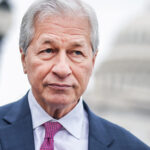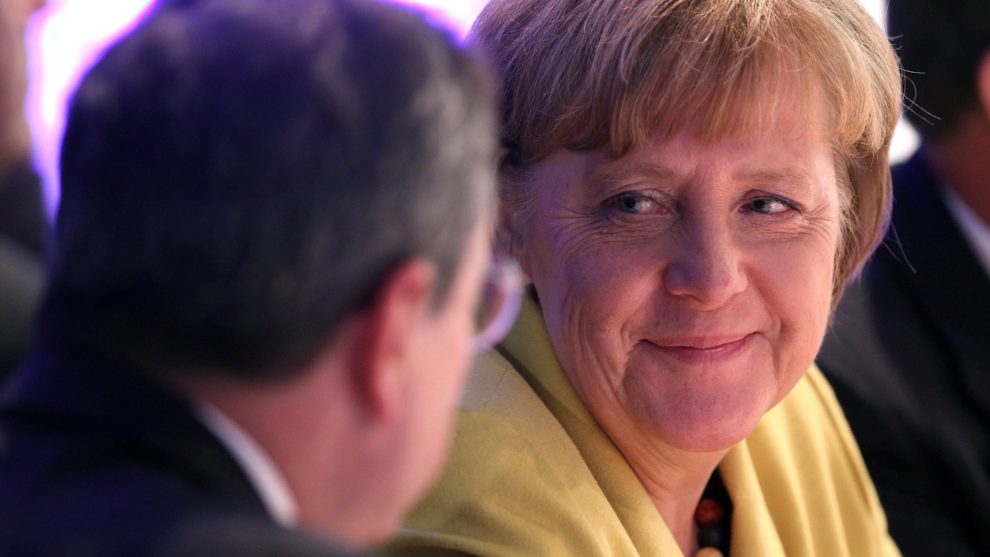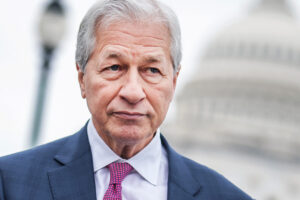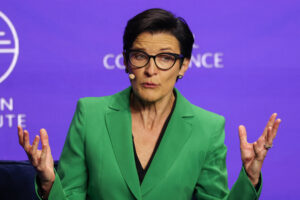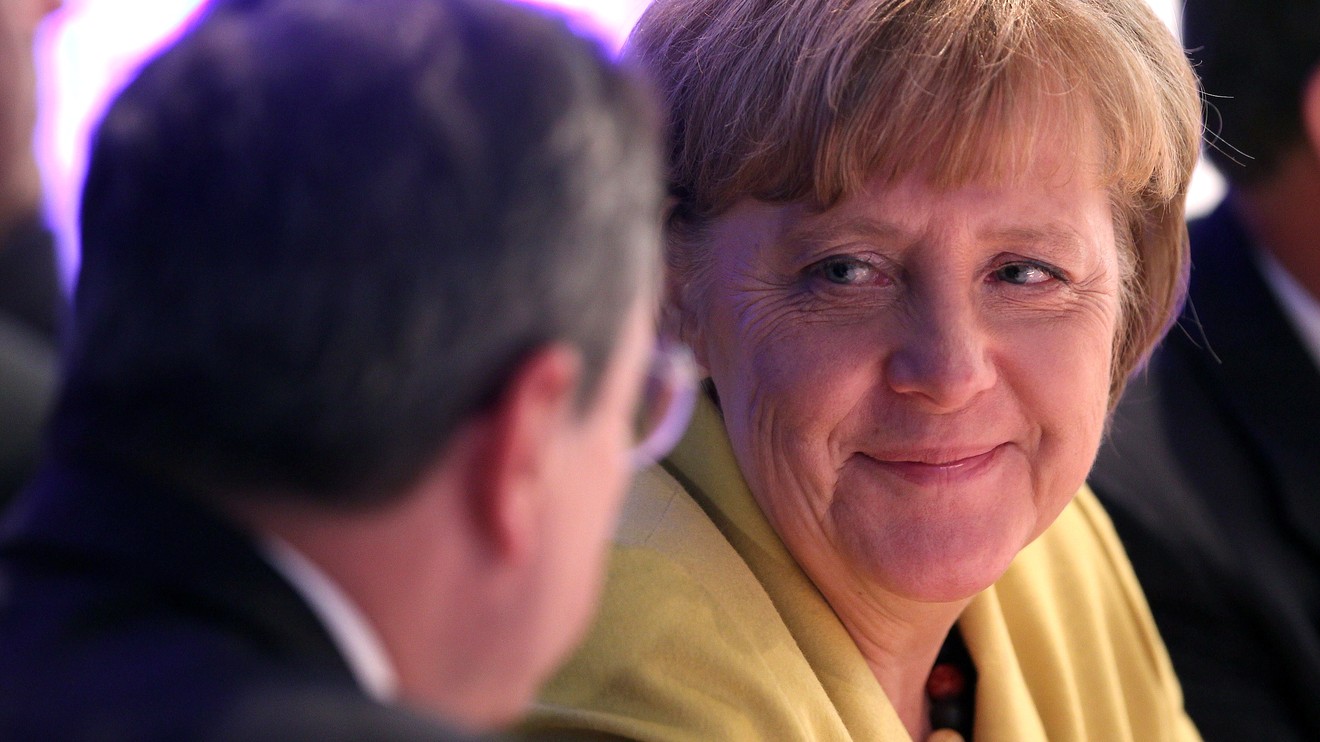
Once again, Mario Draghi did “whatever it takes” on monetary policy, overcoming opposition from fellow European Central Bank policy makers Thursday to deliver a sweeping package of seemingly open-ended stimulus in a bid to shore up a flagging eurozone economy and push up stubbornly low inflation.
But he also offered a sobering message on the limits of the ECB’s efforts.
Draghi, chairing his penultimate meeting before leaving the ECB presidency at the end of October, was more explicit than ever about the limited ability of monetary policy to cure the euro area’s longstanding economic ills.
In his news conference, Draghi said the ECB would have had to do less on the monetary policy front if fiscal policy had played a bigger role. Moreover, he said it was “high time for fiscal policy” to take charge in shoring up the economy.
Draghi, at the height of the eurozone debt crisis in July 2012, uttered the three-word phrase that will forever be associated with his tenure when he pledged the ECB would do “whatever it takes” to preserve the euro. Often overlooked, is that Draghi qualified the pledge with the words “within our mandate.”
Draghi has spent much of his term testing the limits of that mandate, which is focused solely on price stability as reflected in an annual inflation target of near but just below 2%. Draghi gets a lot of sympathy from observers who note that the ECB had little choice but to pull out the stops on stimulus in the wake of the financial crisis and the eurozone’s debt woes.
The region’s elected politicians tended to dither, repeatedly kicking the proverbial can down the road when it came to bailouts while healthy economies, such as Germany, refused to contemplate fiscal stimulus. Even now, with Germany seen in danger of slipping into recession, politicians in Berlin are offering little more than halfhearted indications they would be open to delivering stimulus, but only once the economy is already in contraction.
Several economists and analysts saw Thursday’s ECB package as part of Draghi’s effort to raise pressure on government officials to loosen the fiscal spigots.
“The central bank has long felt that monetary stimulus alone won’t be enough and by doubling down on a massive stimulus package, he’s put the ball in their court,” said Kathy Lien, managing director of FX strategy at BK Asset Management, in a note. “With his bold curtain call, Draghi is taking the problem of low growth seriously and saying now its time for the governments to act.”
Lien argued that Draghi’s push for more fiscal stimulus was partly behind the euro’s EURUSD, +0.5177% bounceback from its initial post-announcement fall.
Claus Vistesen, chief eurozone economist at Pantheon Macroeconomics, said Draghi made clear that the ECB believes it’s being pushed to take increasingly extreme actions as fiscal policy makers sit idle.
But the message could end up being too sobering. It raises dangers in that the more the ECB argues that its own stimulus measures are being rendered ineffective due to a lack of stimulus, the higher the risk that markets stop believing in what the central bank is doing, he said.
Vistesen argued that while Draghi was flirting with danger, fiscal policy makers are, in fact, likely to step up eventually and that the combination of loose monetary and fiscal policy in the next 12 months should be enough to give asset prices and growth a boost down the road.
Meanwhile, Christine Lagarde, the former French finance minister and International Monetary Fund managing director who is set to take the reins from Draghi on Nov. 1, appears in harmony with Draghi’s tune.
In comments before the European Parliament earlier this month, Lagarde said central banks “are not the only game in town,” the Financial Times reported, saying richer eurozone governments with low deficits should be ready to spend more during downturns.


